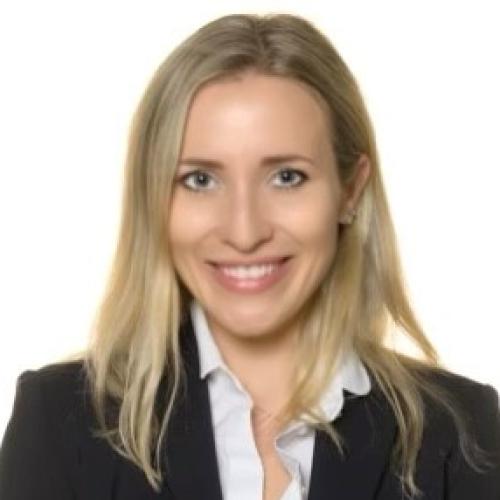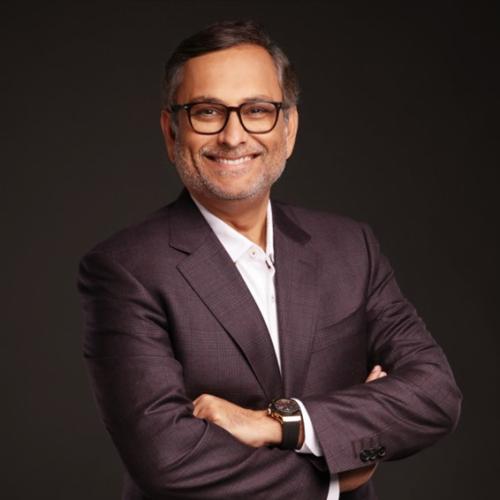
Galina Sagan
Galina Sagan is a Principal at Hitachi Ventures, a global venture fund (with >600m USD AUM) with Hitachi being a single LP. Galina specializes in Enterprise SaaS B2B and digital investments. Some of the relevant deals include Trustwise AI, Archetype AI, Rescale and WekaIO. Formerly a Senior Investment Associate at Speedinvest, a pan-European early stage fund with > €1 billion AUM.
Galina has been recognized as one of GCVs Rising Stars in 2022.







